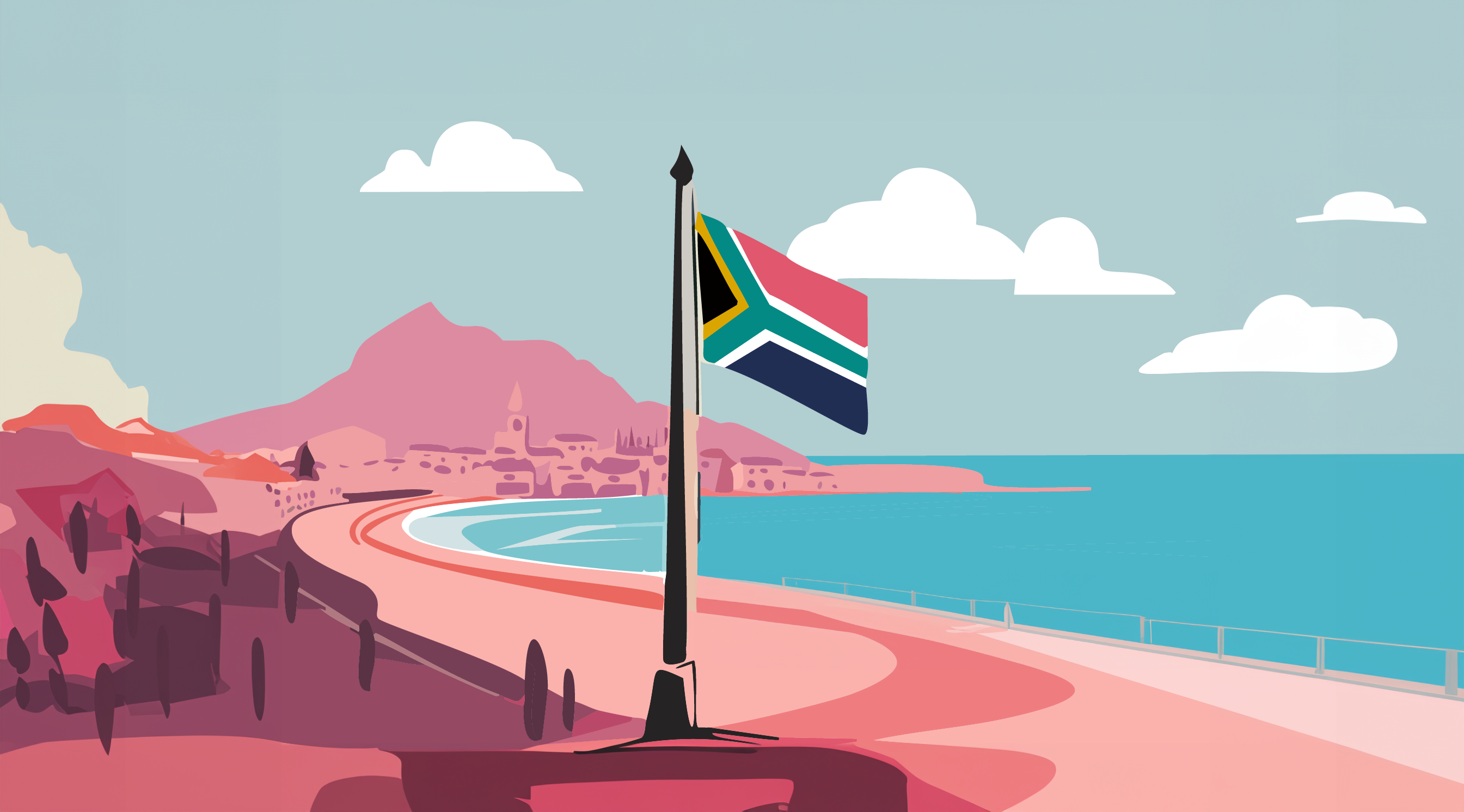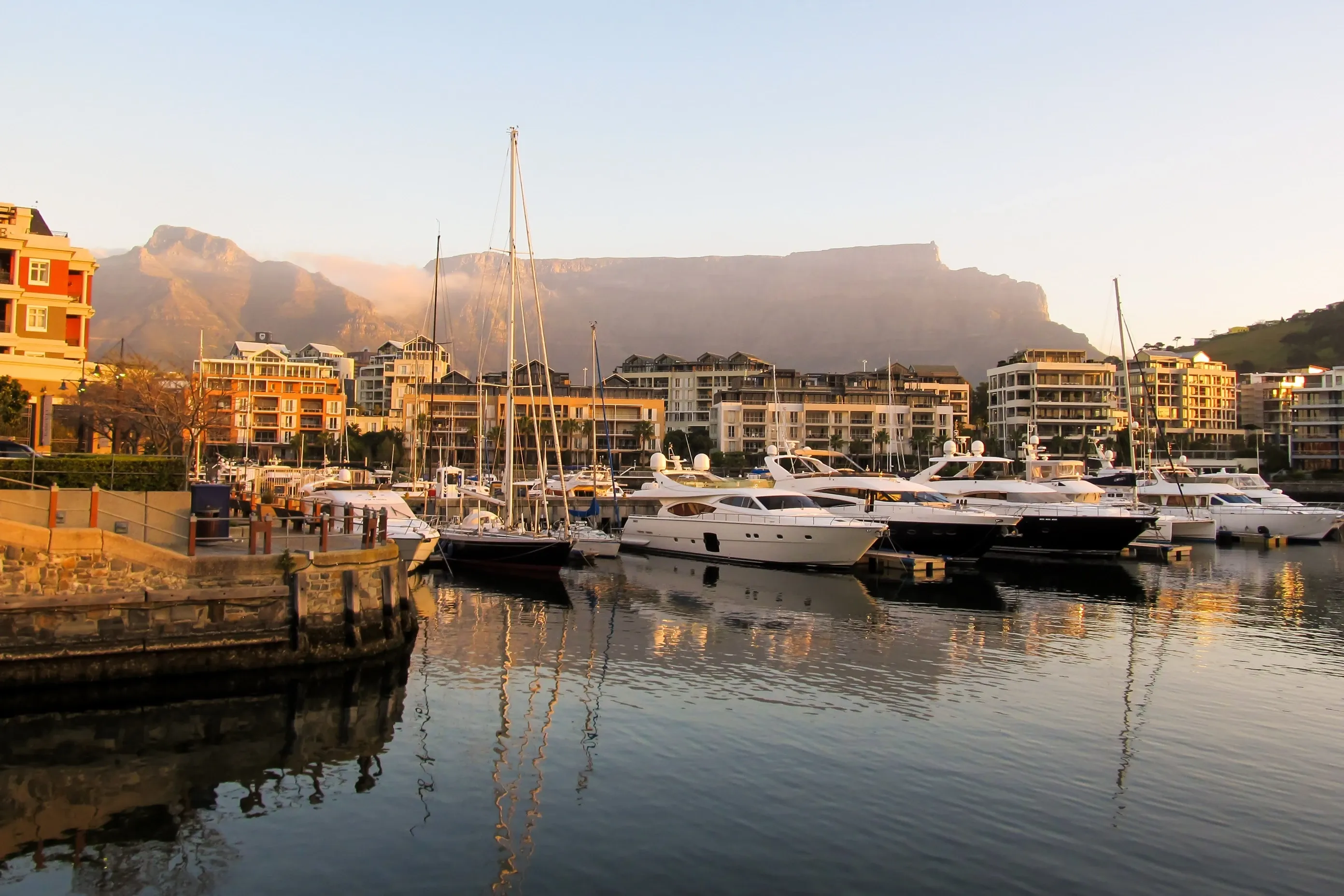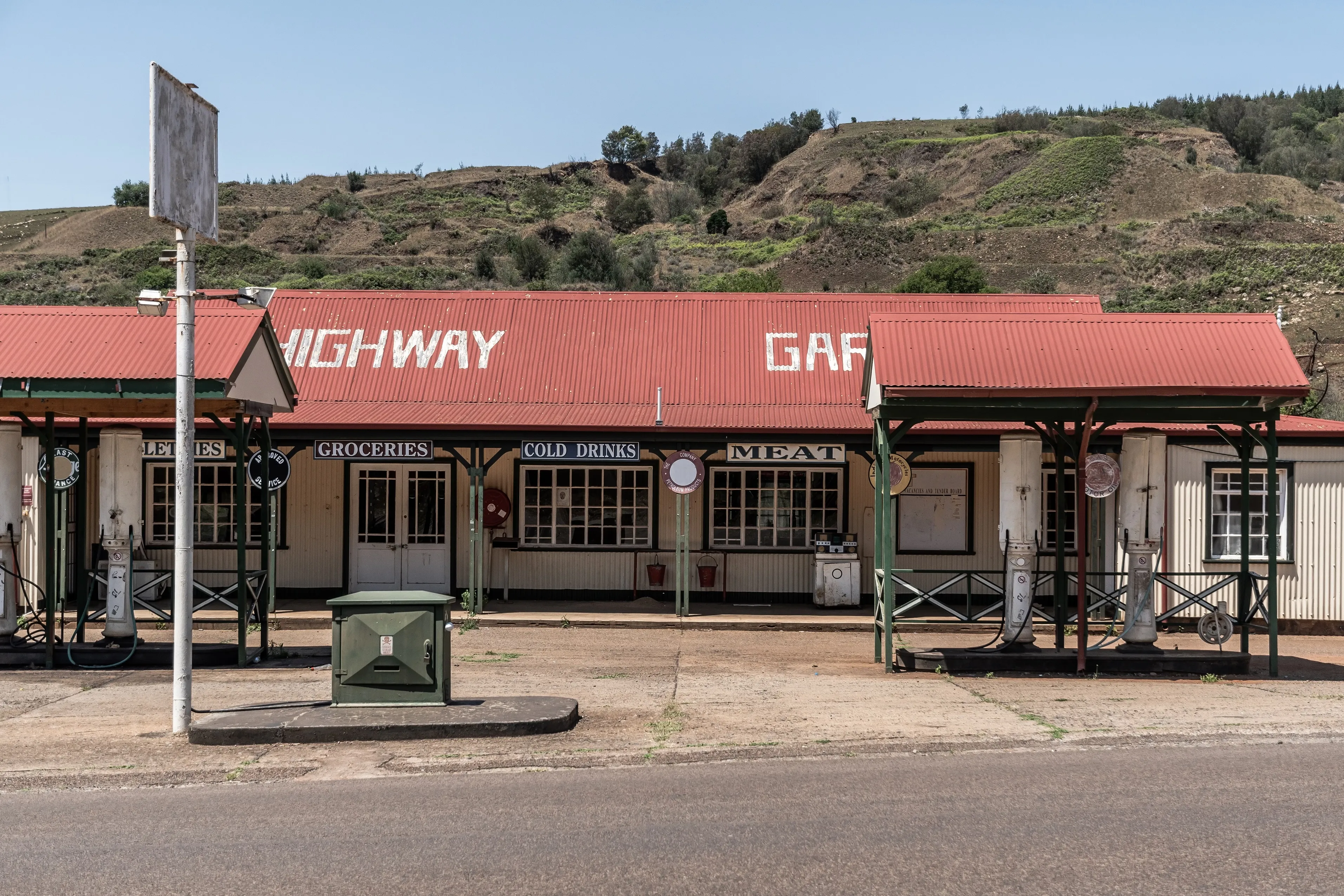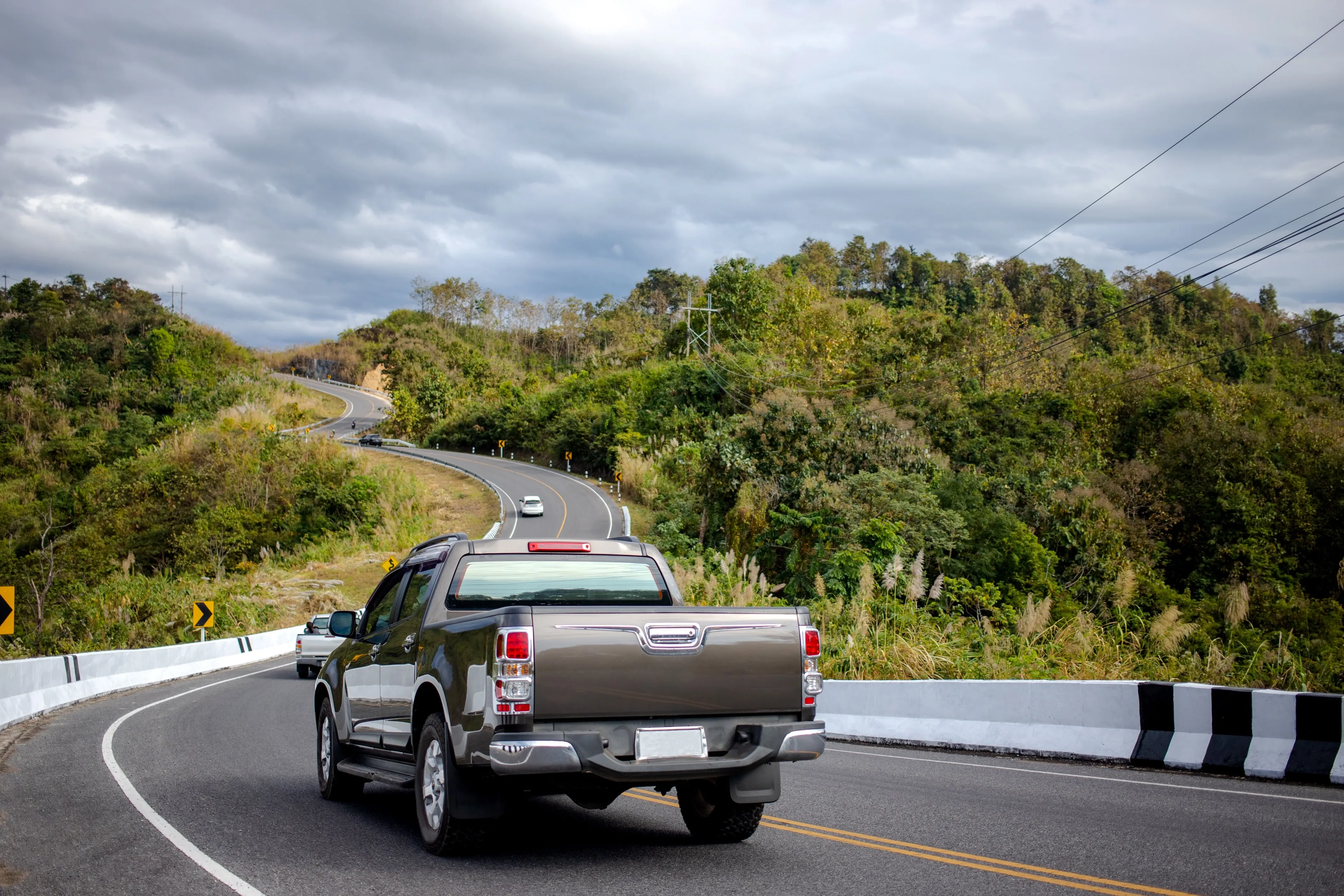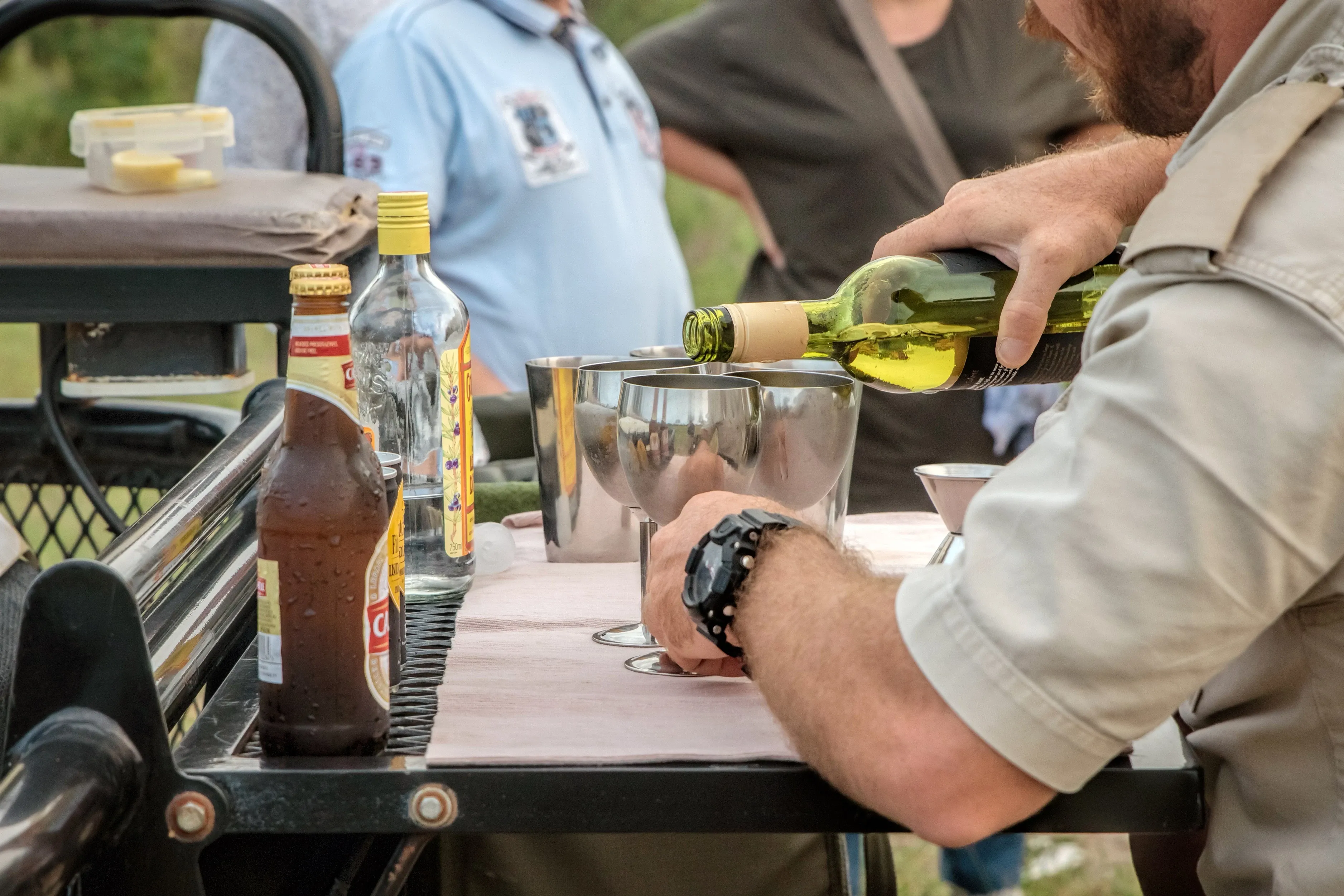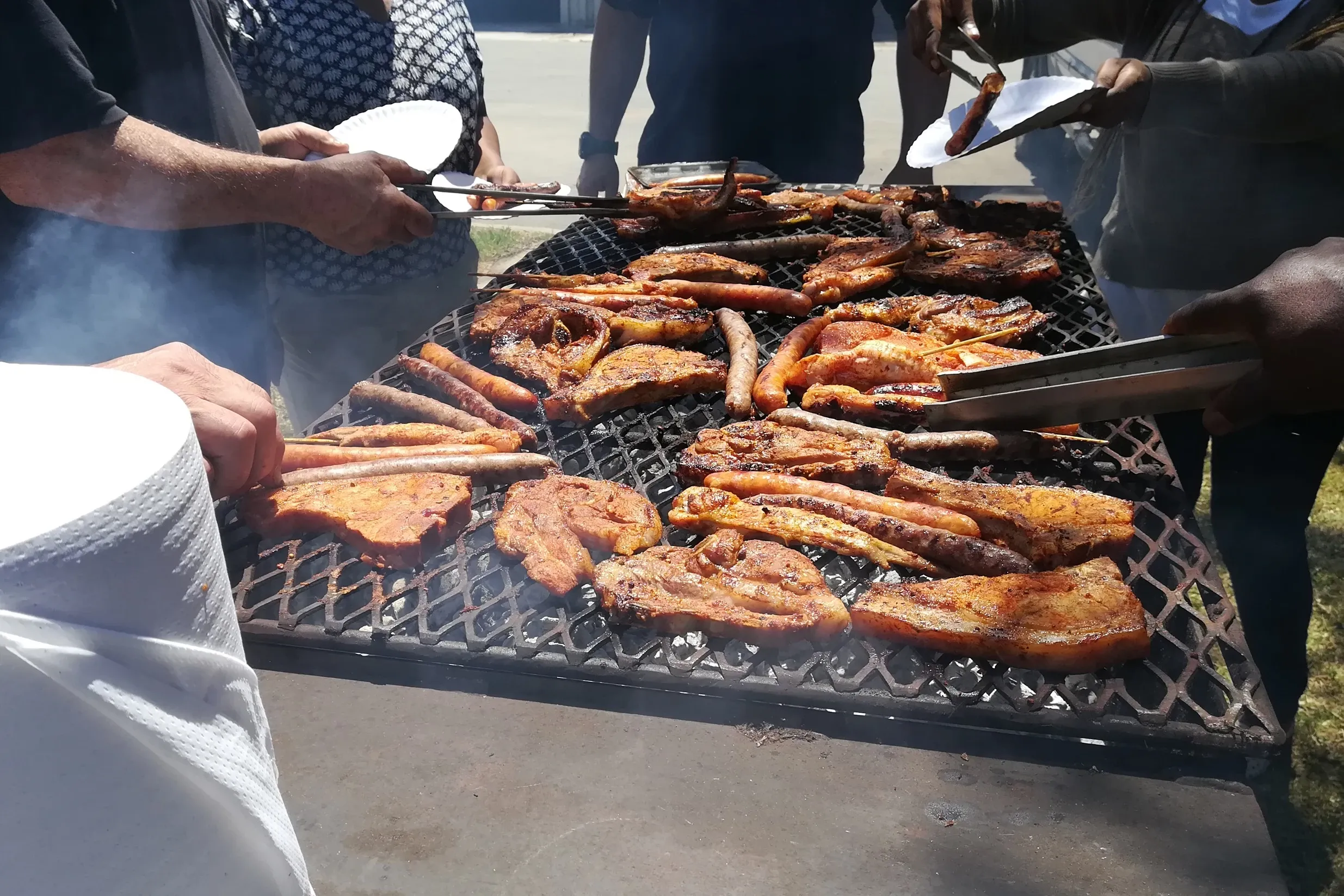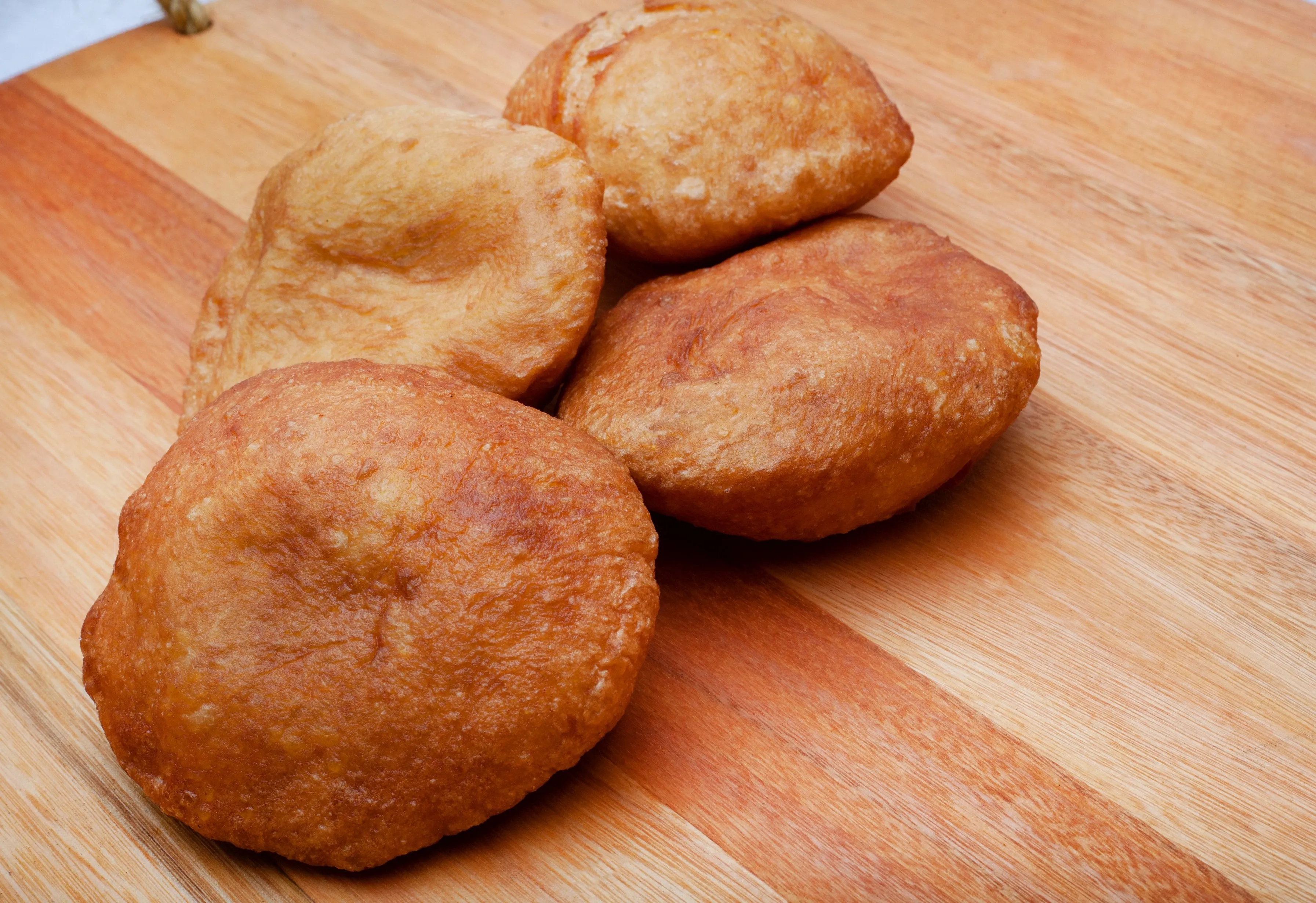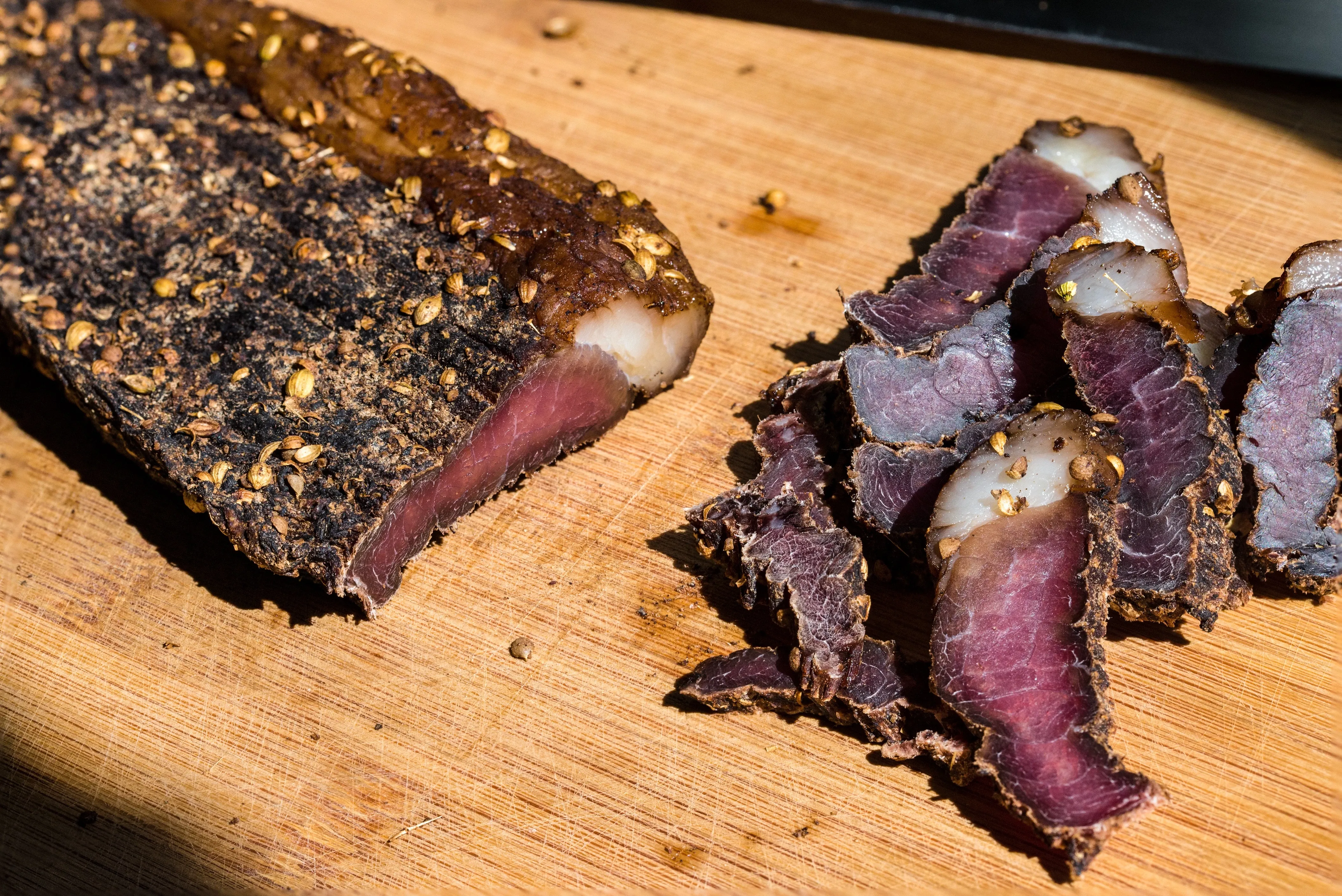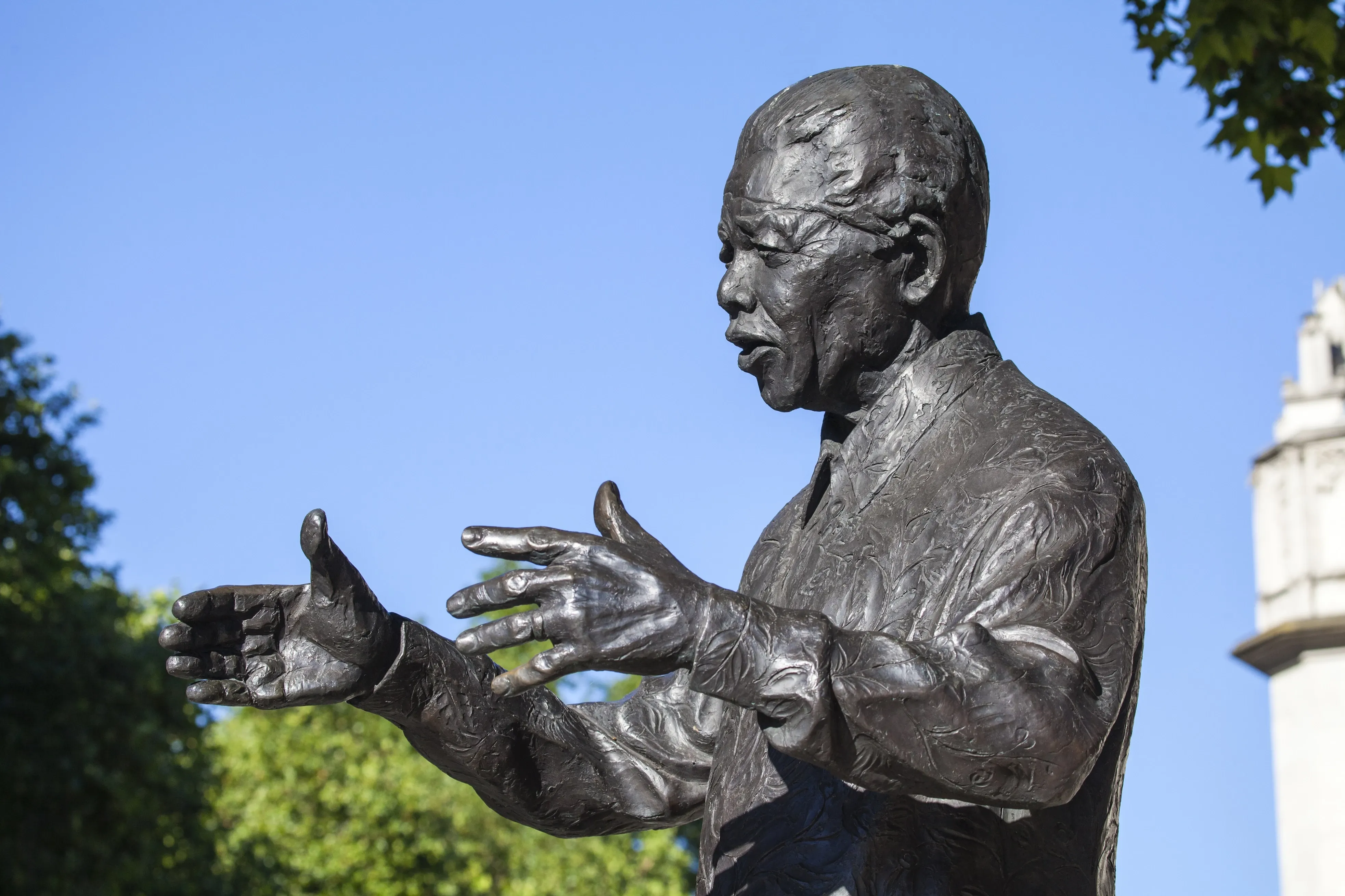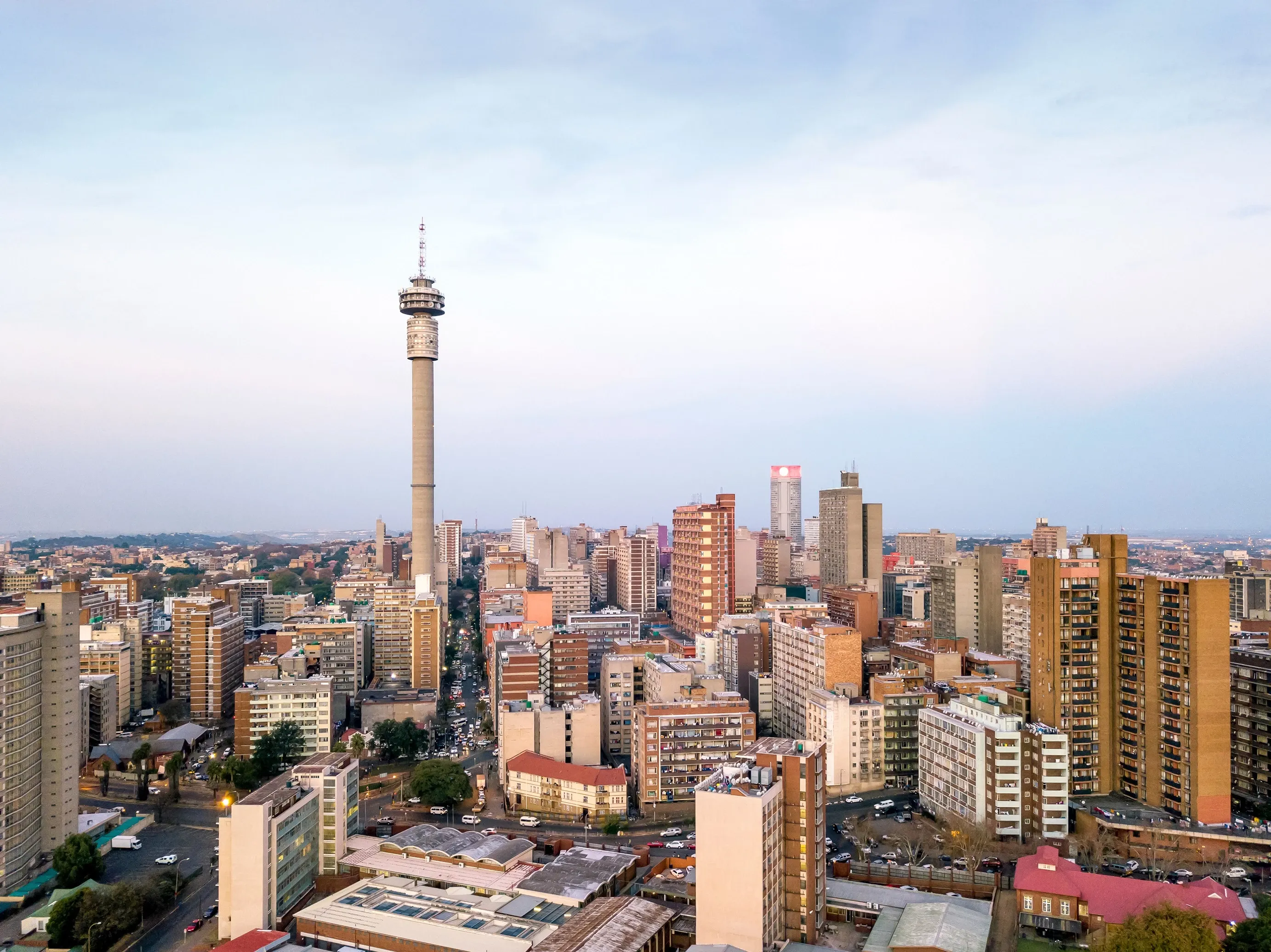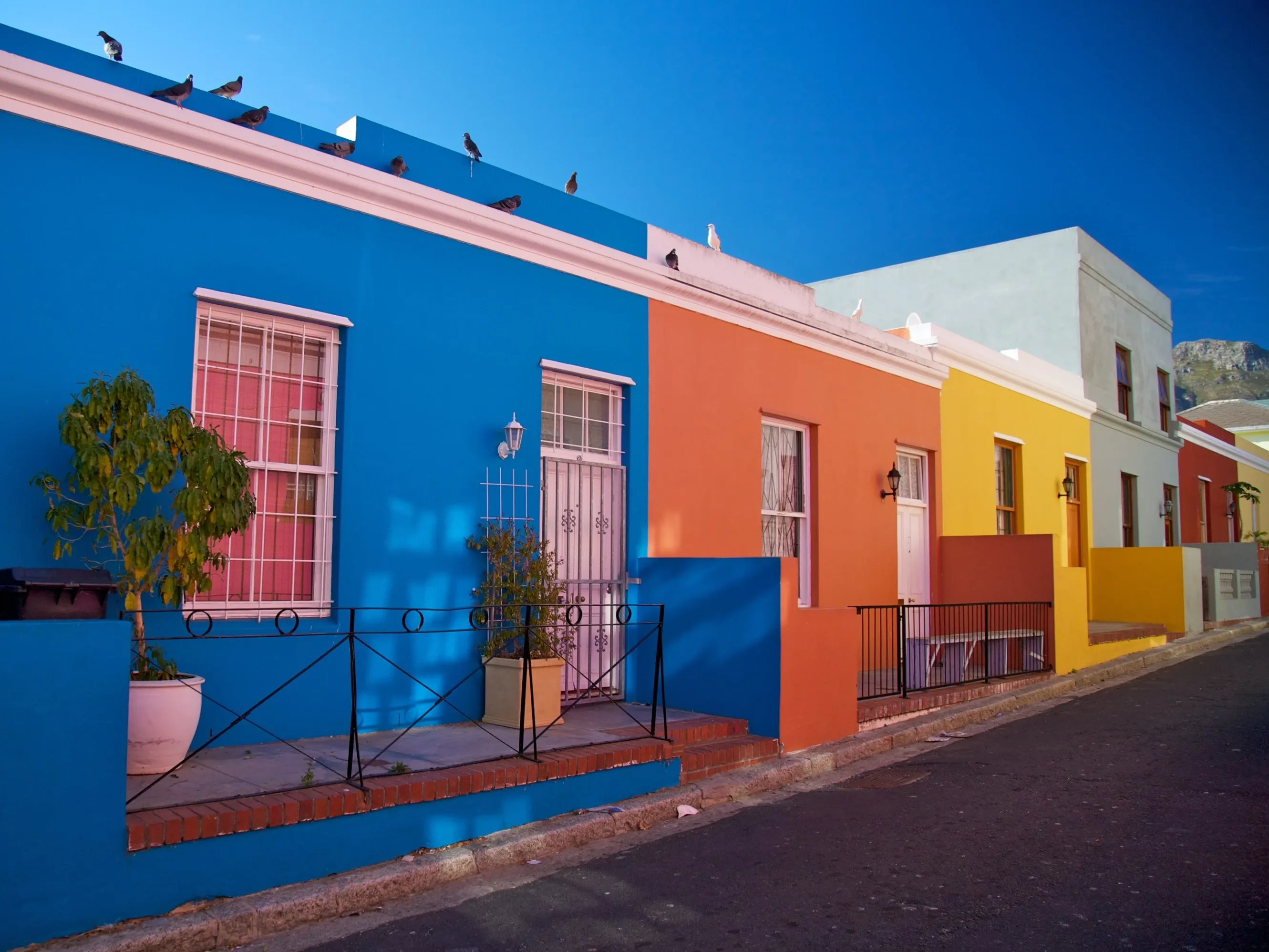South African etiquette for tourists
South Africa, with its diverse cultures, breathtaking landscapes, and vibrant cities, is a fantastic destination for adventurers and explorers. The rich tapestry of traditions and history woven into everyday life makes South Africa a unique and dynamic place to explore.
To make the most of your visit and interact respectfully with local communities, it's important to understand and observe local etiquette and cultural norms. Preparing yourself with the key tips to avoid stepping on anyone’s toes.
Greeting someone in South Africa
Generally, people in South Africa greet each other with a Western handshake. However, there is a slight difference between the community members. The tribal community population often greets with a traditional triple handshake.
In this handshake, you first shake hands in the Western manner, then intertwine your thumbs so that the hands come closer together while shaking, and finally perform another Western handshake. Some people also hold their outstretched arm briefly under the elbow while shaking hands to add more politeness.
South Africans are warm-hearted people, and in informal settings or after spending a relaxed evening together, hugs are common. This is more frequent between two women or between a woman and a man. Among men, the informal greeting is a handshake combined with a hug.

For greetings, you can choose between “Hello, Hi, Hey, Goeie dag,” followed by a “How are you?” or the South African version “Howzit?”. Other greetings you might hear are “Dumela” in Tswana or “Sawubona” in Zulu, both of which mean “hello.” “Good day, good afternoon, and good evening” are usually used only for farewells.
While in other English-speaking countries “How are you” is more of a formality, in South Africa it is generally sincere, and people are genuinely interested in how you are doing.
Therefore, it is common to be approached in a supermarket by someone as if you’ve known them for three years, even though you’ve never met them before. Go with the flow and engage in the conversation.
Proper forms of address are also important. Formally, everyone is addressed as Sir or Madam. In very informal situations amongst friends (especially younger generations) men are addressed as “Bru, boet, china, chommie, dude,”. Close women friends refer to each other as “sis or sister.” In Afrikaans culture, older women and men are respectfully addressed as “Oom” and “Tannie,” meaning uncle and aunt. South Africans are fond of nicknames and often use them exclusively. Nicknames usually indicate affection and recognition.
The word “man” is often added to expressions. It is used for all genders and does not imply any gender-specific role. It is simply a filler like “or? right?” in English - “Ach, no man”
»It’s really beautiful. It feels like God visits everywhere else but lives in Africa.«
Linguistic aspects in South Africa
South Africa has eleven official languages, or twelve if South African Sign Language is included. The official languages are Afrikaans, English, isiZulu, isiNdebele, isiXhosa, Sesotho, Setswana, siSwati, Tshivenda, Xitsonga, and Sepedi (Sesotho sa Leboa).
Due to the many immigrants from around the world, South Africa resembles a linguistic mosaic, and many other languages are also heard. This influence has also extended to English, which is used throughout the country and has reshaped the original British English.
To help you navigate better, here are some words and phrases that might be unfamiliar or used differently compared to other English-speaking countries.
English with a twist
There are some terms that have a completely different name in the literal language in South Africa, here are a few examples:
- Robot = Traffic light
- Garage = Petrol station. Most petrol stations in South Africa often have a café or at least a convenience store.
- Bakkie = Pickup truck
- Tekkies = Sneakers
- Plakkies or Slops = Flip-flops
- Boot = Trunk of the car
- Chow = Food
- Padkos = Snacks for the road trip or tour
- Flask = Thermos bottles
- Sundowner = A drink enjoyed at sunset
Essential South African expressions
“Shame”: This word is used in various contexts. It can mean “oh, poor thing,” “oh, how nice,” or “oh no!” The emphasis is crucial: for “oh, poor thing,” you should hear sympathy in “Ach, shame, man.”. For “oh, how nice,” express delight in “oh, shame” with a drawn-out “a.” For “oh no!” convey indignation in “no, shame!”
“Eh and hey”: These fillers add emphasis to your words or expressions. “Eh, shame man!” or “Eh, you know it’s been better yesterday.” “Hey” is used more in questions when seeking confirmation. “It’s been crazy busy yesterday, hey?” This way, you also get the other person's opinion.
“Lekker” (Leh-kah): An expression for “good, nice, tasty” and used for anything great. Pronounced like “leh-kah,” for example: “Have a lekker day” - Have a nice day. “Lekker slap” - Sleep well. “How was your day so far? - Oh, it was lekker, thanks!”
“Eish” (Aish): There’s no direct translation for this word. It’s often used when something happens, like when a screwdriver falls on your partner's little toe. You grimace as if it were your own toe and say loudly “Eish.”
“Sharp” (Shup): Used when something is understood or considered good, often repeated. Usually accompanied by a thumbs-up gesture. Commonly used at gas stations when asking the attendant to fill up diesel, and the response is a thumbs-up and “sharp-sharp.”
“Ja” (Yah): An affirmative filler. “Yes, exactly” or simply “Yes.”
Do’s and Dont’s when eating out in South Africa
Food plays a central role in South African culture and social interaction. To fully enjoy the culinary experience and behave respectfully, there are some do's and don'ts to keep in mind.
Do's while eating in South Africa:
South Africa offers a variety of unique dishes deeply rooted in its culture. Classics like Braai (a type of barbecue), Biltong (dried meat), Bobotie (a spiced minced meat casserole), and Vetkoek (a fried dough ball) are typical examples.
These dishes are not only delicious but also provide insight into the country’s traditions. Sharing meals is common in South Africa and is often a social event, especially during a Braai. It’s a nice gesture to share food, and try some from others. At formal events, it’s expected to use utensils and follow general table manners, which also reflects respectful interaction. In South African restaurants, you can bring your own wine, but you will pay a small fee for the restaurant to open the bottle.

Openness to new culinary experiences is also important. South Africa is known for its diverse and flavourful cuisine, combining influences from various cultures. An open mind helps in appreciating this diversity and discovering new flavours.
Additionally, you should respect the dietary restrictions of others, whether for religious, cultural, or health reasons. It’s polite to offer alternatives when hosting guests who cannot eat certain foods.
Don'ts while eating in South Africa:
A key point is to avoid wasting food. In South Africa, it’s often considered disrespectful to throw away food. Therefore, order or serve only as much as you can eat. It is also impolite to speak disparagingly about local dishes. Even if something doesn’t suit your taste, it’s better to maintain a positive attitude and stay curious.
In summary: Eating out in South Africa is a wonderful opportunity to experience the country's culture. With a respectful and open approach, you can enjoy many new culinary experiences while appreciating the hospitality of the local people.
Tipping etiquette in South Africa
In South Africa, tipping is customary. Due to low minimum wages, many people rely on tips to make a living. Tipping in South Africa is not limited to restaurant staff. To create jobs, there are some unique positions in South Africa where tips are appreciated.
- Service staff: A tip of 10%-20% of the bill amount is common.
- Gas Station attendants: At every gas station in the country, some attendants fill up your tank, so you don’t have to get out of the car. For a basic refuel, tipping is not required. However, if additional services such as window cleaning, oil and water checks, or tire inflation are offered, a 5 to 30 Rand tip is appropriate.
- Parking attendants: Most public parking lots have attendants who guard the car and sometimes help unload shopping bags. While not mandatory, giving them a small change between 1 and 10 Rand is highly appreciated.
- Other informal services: At intersections, people often offer to dispose of trash from your car or push your luggage at the airport. A small tip is often expected in these situations.
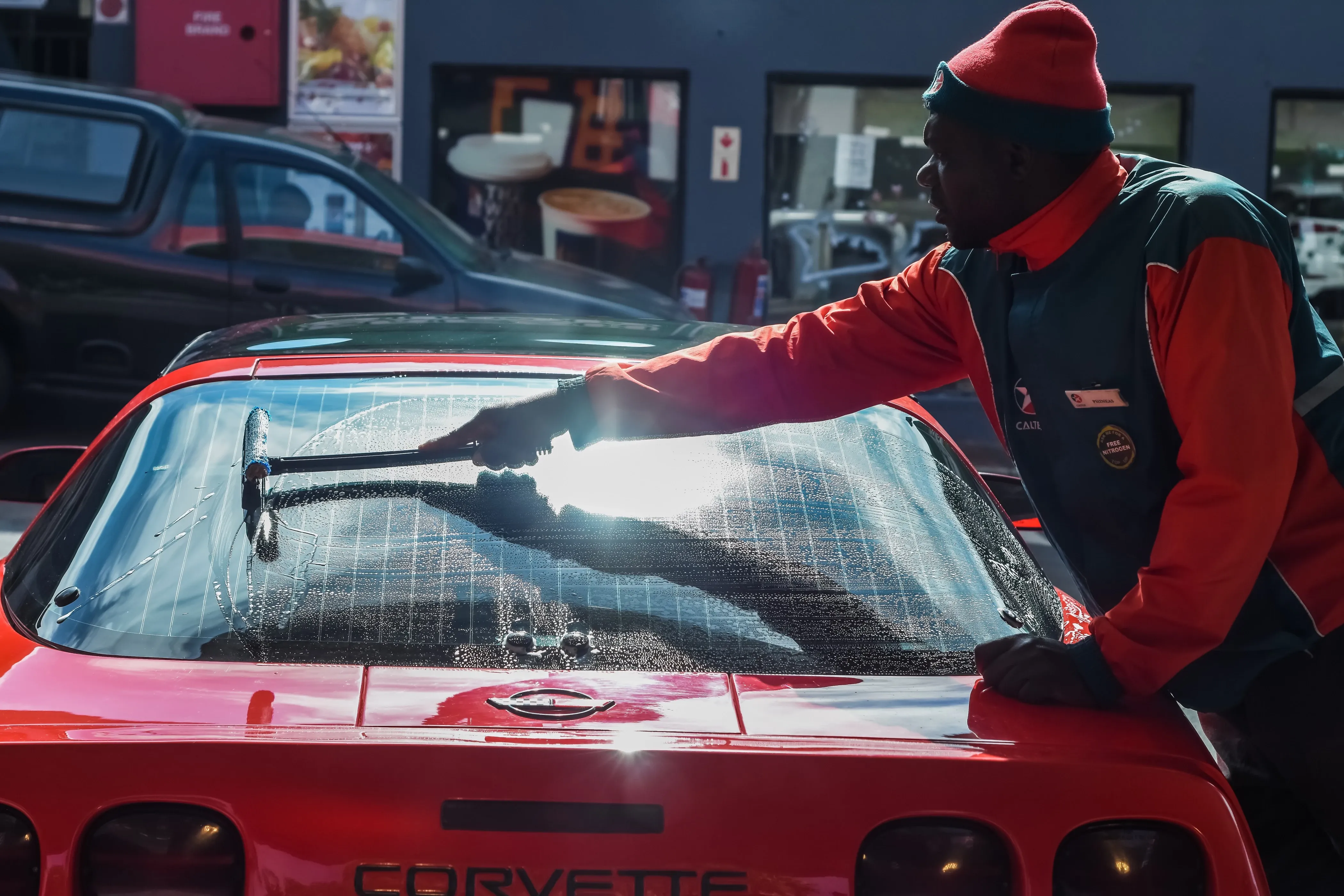
Time and punctuality in South Africa
Although South Africans generally value punctuality, South Africa operates on a different sense of time compared to the rest of the world, not just in terms of time zones (+2 GMT), but in the local expressions of time.
South Africans are more relaxed and take life at a slower pace than in the Western world. If something doesn’t work out immediately, they have the perfect saying of: “We make a plan.” In South Africa, the word “now” is used with different expressions like "now now," "right now," and "just now." For those unfamiliar with local phrases, these can be quite confusing.
- Now Now: This expression implies some urgency or immediacy but not necessarily immediately. It suggests that something will happen soon but allows some leeway. For example, “I’ll be there now now” means the person will arrive shortly but not necessarily immediately.
- Right Now: This is the most immediate of the three expressions. It means something is happening at this very moment or will happen without delay. It’s roughly equivalent to the western Worlds meaning of “immediately” or “right away.”
- Just Now: This expression can be the most confusing as it can mean either a near future or a recent past event depending on the context. When referring to the future, it means something will happen soon but less immediately than "now now." For example, “I’ll do it just now” might mean in a few minutes or later, rather than immediately. It could also refer to something that happened recently, though not necessarily seconds ago—it might even have happened a few weeks ago.
These expressions reflect a more relaxed or flexible attitude towards time, common in South African culture and other cultures.
Quick Facts about South Africa
- Official language: Afrikaans, English, isiZulu, isiNdebele, isiXhosa, Sesotho, Setswana, siSwati, Tshivenda, Xitsonga, and Sepedi (Sesotho sa Leboa) and South African Sign Language
- Form of government: Unitary Parliamentary Republic with an executive presidential system
- Population: 62.02 million
- Capital city: Pretoria
- Currency: South African Rand (ZAR)
- Time zone: South African Standard Time (SAST)
- Summer months: December to February
- Winter months: June to August
- Climatic warmest temperatures: 40°C
- Climatically coldest temperatures: -15°C
- Telephone area code: +27
- Standard voltage of electricity: 230 V
Reminder: Brush up on your history
South Africa’s history is marked by a range of cultural influences and dramatic political changes. Originally inhabited by various indigenous peoples such as the San and Khoikhoi, Portuguese explorers arrived on the South African coast in the 15th century. In the 17th century, the Dutch established the Cape Colony, followed by British settlers who later colonized the region.
In the 19th and early 20th centuries, South Africa experienced significant conflicts, including the Boer Wars, which established British control over the Boers (Dutch-descended settlers). In 1910, the Union of South Africa was formed, merging several colonies under British control.
A dark chapter in South Africa’s history is the apartheid era, a policy of racial segregation that lasted from 1948 to 1994 and systematically discriminated against non-white populations. Apartheid ended with the first free elections in 1994, in which Nelson Mandela, a leading anti-apartheid activist and member of the African National Congress (ANC), was elected president.
This election marked the beginning of a new era of democracy and social change in South Africa. Today, the country is a diverse nation that continues to grapple with the challenges of the past and the opportunities of the future. Despite progress, the history and heritage of the indigenous population remain a significant part of South Africa’s identity and culture, and their recognition and respect are important for complete healing and reconciliation.
Etiquette summarised in a nutshell
Before traveling to South Africa, taking the time to understand its rich history will deepen your appreciation for its diverse cultures and traditions. Keep in mind that South Africa operates on a more relaxed sense of time compared to other places, and things might not always go as planned.
Embrace the local attitude of “we make a plan,” which reflects a flexible and resourceful approach to life. South Africans are known for their warm hospitality and helpful nature. Immerse yourself in their vibrant culture and cuisine to fully experience the unique charm of the country.
Sign up for the newsletter
By clicking on “Subscribe now” I will subscribe to the Conscious Explorer newsletter with all the information about mindful travel. Information on the success measurement included in the consent, the use of the shipping service provider MailChimp, logging of the registration and your rights of revocation can be found in our privacy policy.
